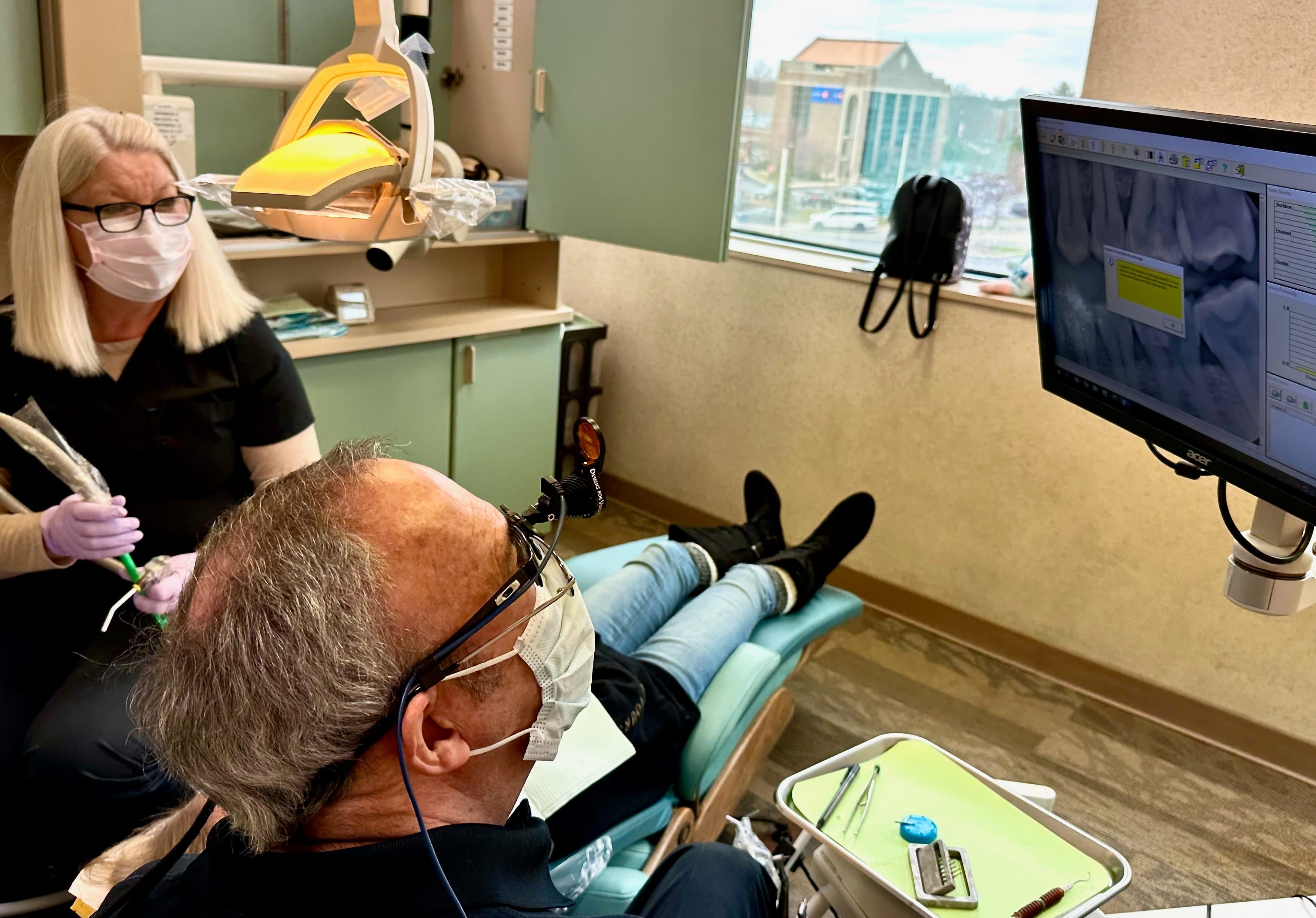Happy New Year 2026! Start the Year Right with Your Dental Benefits
Your insurance benefits have reset — here's how to make the most of them
As we welcome 2026, the team at Keith A. Brown, DDS wishes you and your family a happy, healthy New Year! It's the perfect time to prioritize your oral health and make the most of your dental benefits. Your Dental Benefits Have Reset If you have dental insurance, January 1st marks the start of a new
